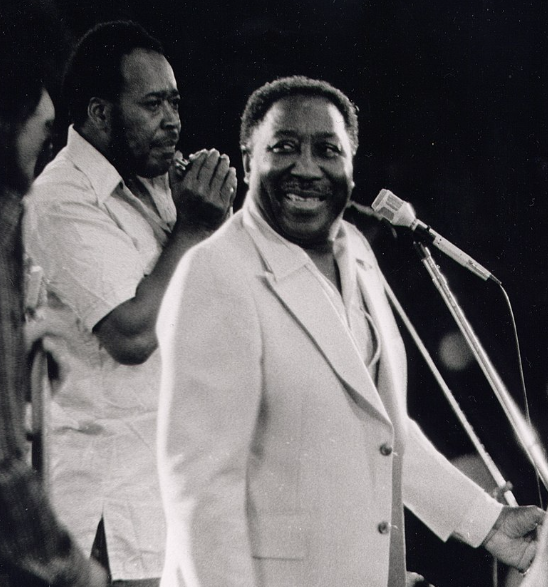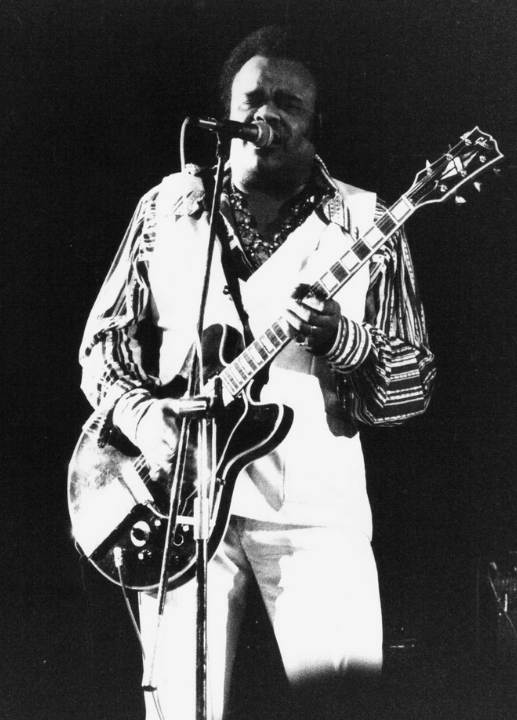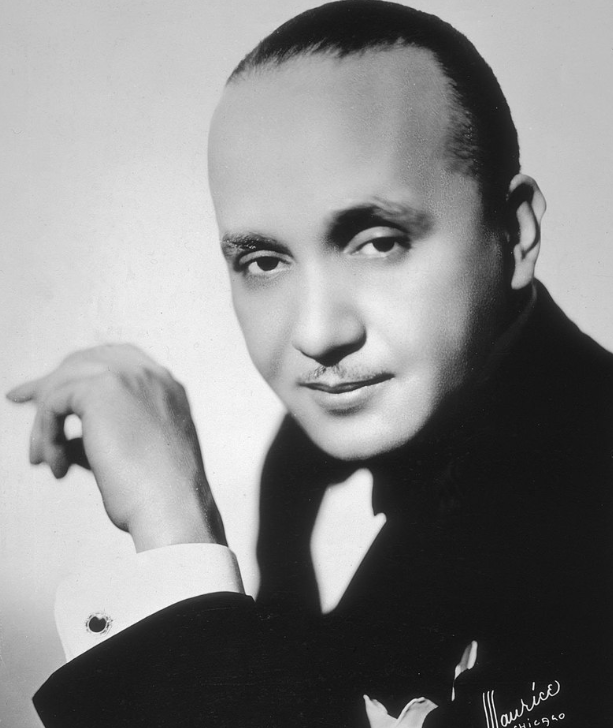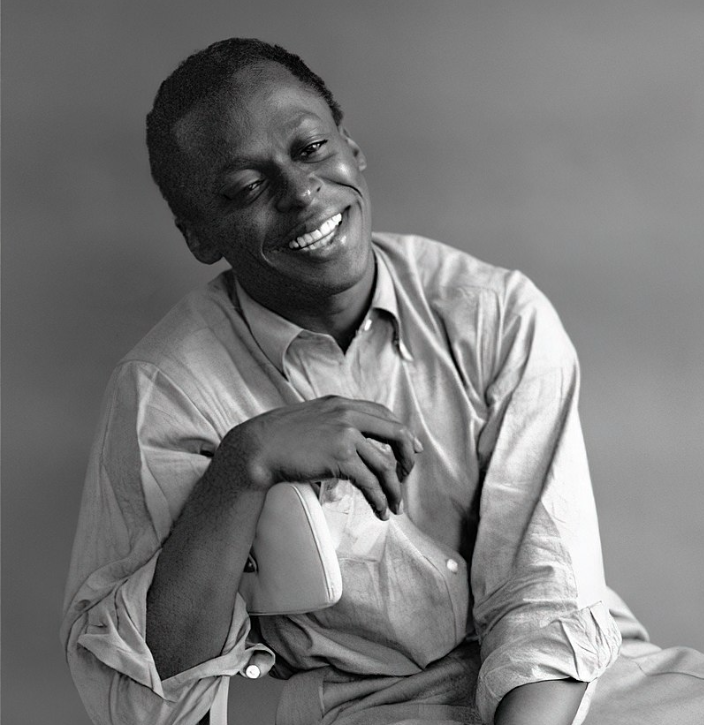Howlin’ Wolf: A Jazz Legend
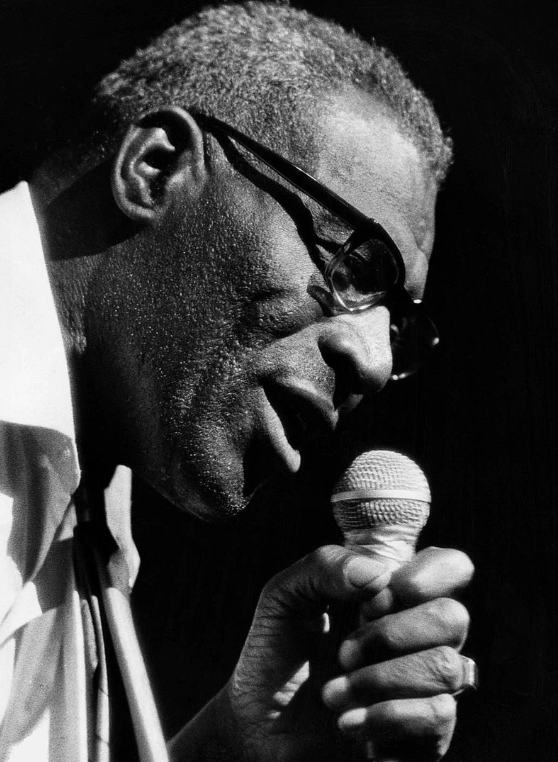
Photo source: https://en.wikipedia.org/wiki/Howlin%27_Wolf
Howlin’ Wolf, also known as Chester Arthur Burnett, was an American blues singer, guitarist, and harmonica player. He was born on June 10, 1910, in White Station, Mississippi, and died on January 10, 1976, in Hines, Illinois. He was one of the most influential figures in the development of the blues genre and is widely considered to be one of the greatest blues singers of all time.
Early Life and Career
Wolf began performing in local clubs and juke joints in the Mississippi Delta and quickly gained a reputation as a powerful and soulful performer.
In the early 1950s, Wolf moved to Memphis, Tennessee, where he recorded his first songs for Sam Phillips’ Sun Records. He quickly became one of the label’s most popular artists, and his recordings helped to establish the Sun Records sound that would later be known as “rockabilly”. Wolf’s unique vocal style, which combined raw power with deep emotional intensity, quickly made him a popular performer, and he went on to record several classic blues albums during his career.
Howlin’ Wolf’s Musical Legacy
Despite his success as a blues performer, Howlin’ Wolf remained largely unknown outside of the blues community for much of his career.
One of the key elements of Howlin’ Wolf’s music was his powerful, soulful voice. This, combined with his innovative and driving guitar playing, made him one of the most distinctive and influential blues performers of the 20th century.
Another important aspect of Howlin’ Wolf’s music was his innovative songwriting. This, along with his powerful vocals and driving guitar playing, made him a true innovator in the blues genre.
Conclusion
In conclusion, Howlin’ Wolf was a true blues pioneer and one of the most important figures in the development of the blues genre. Despite his relatively short career, Howlin’ Wolf’s musical legacy continues to live on, and he remains one of the most revered blues performers of all time.

